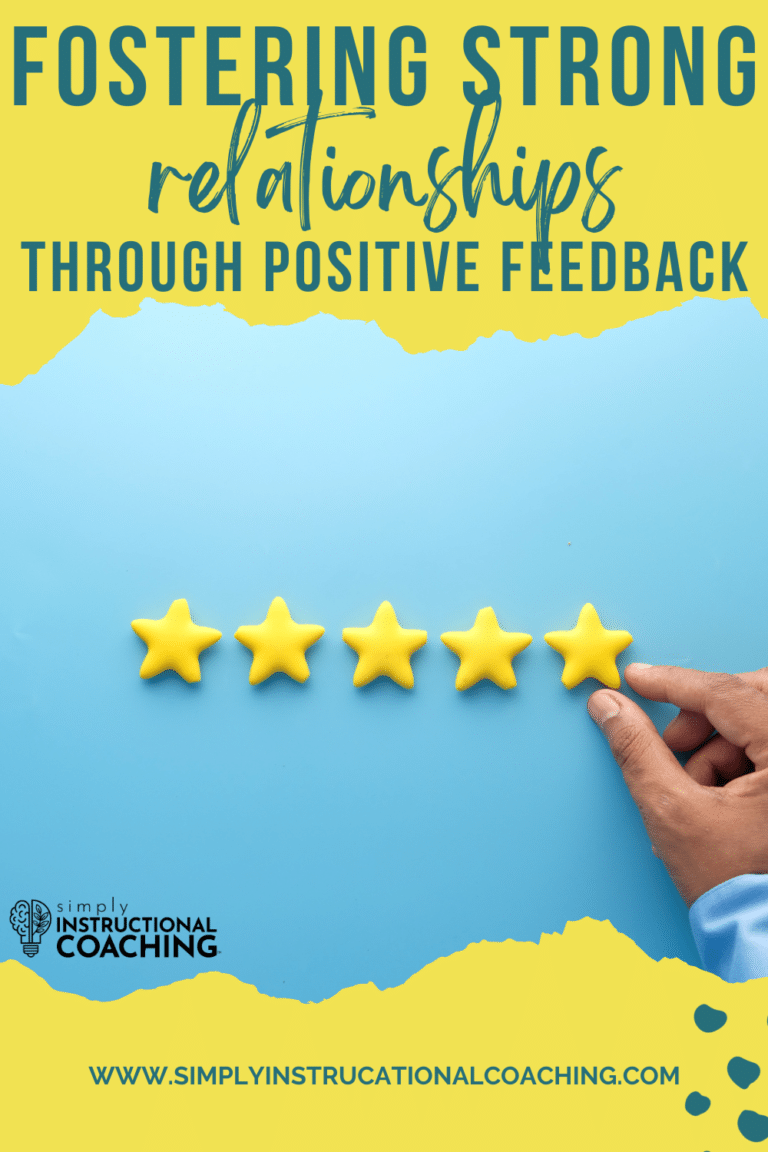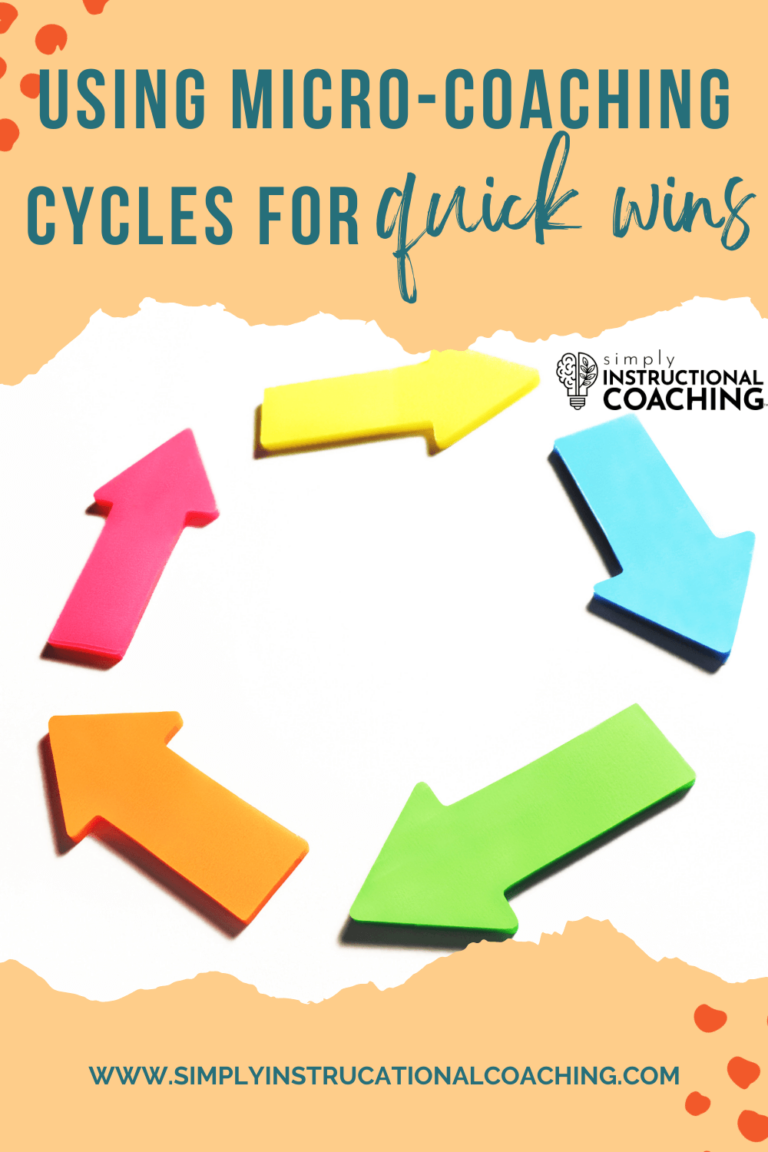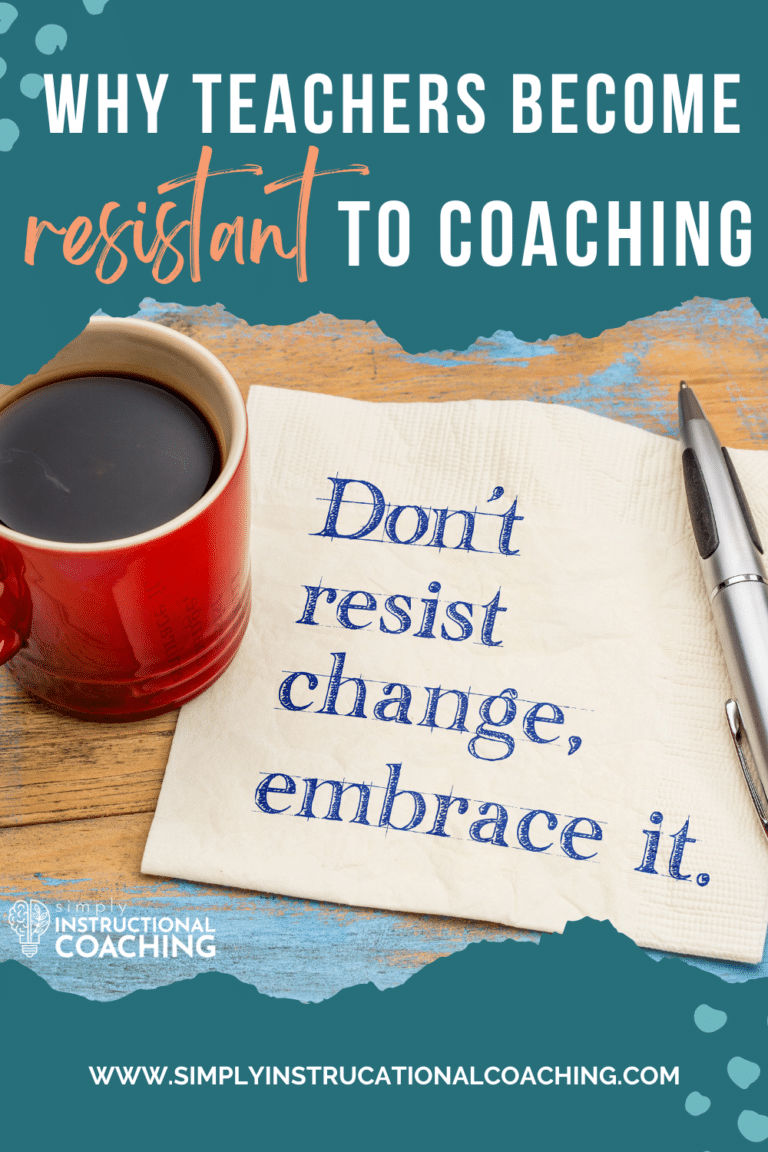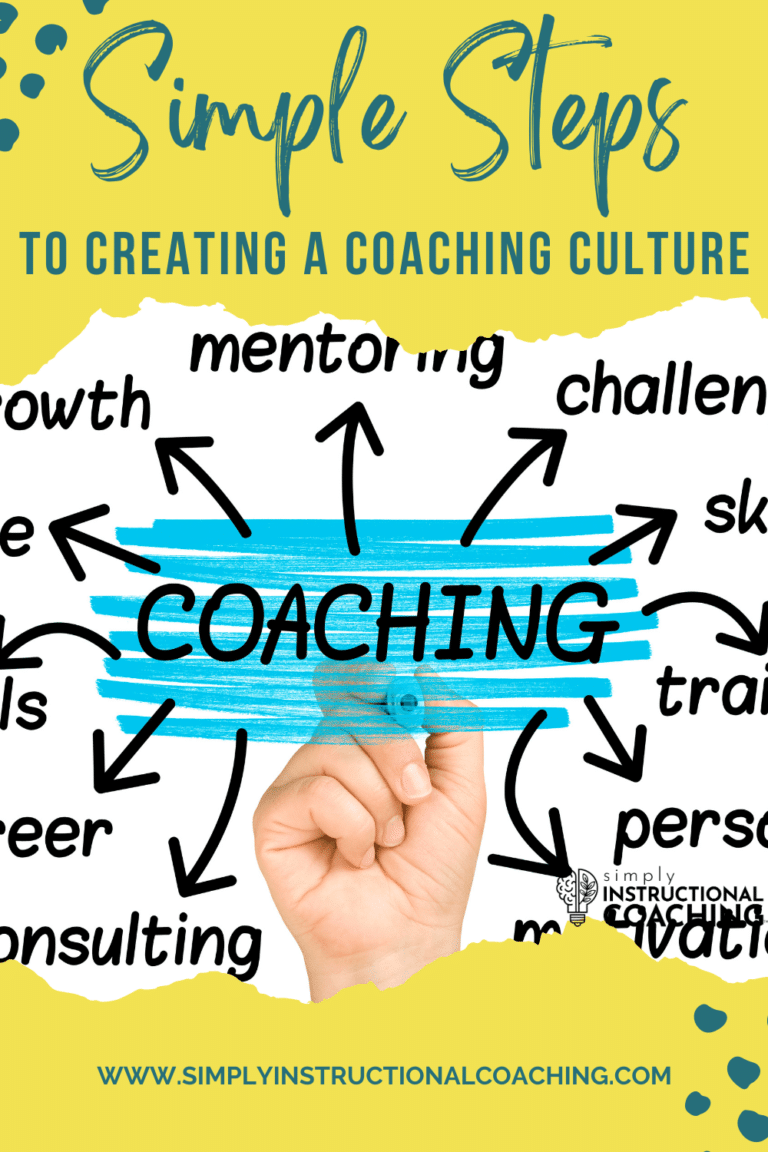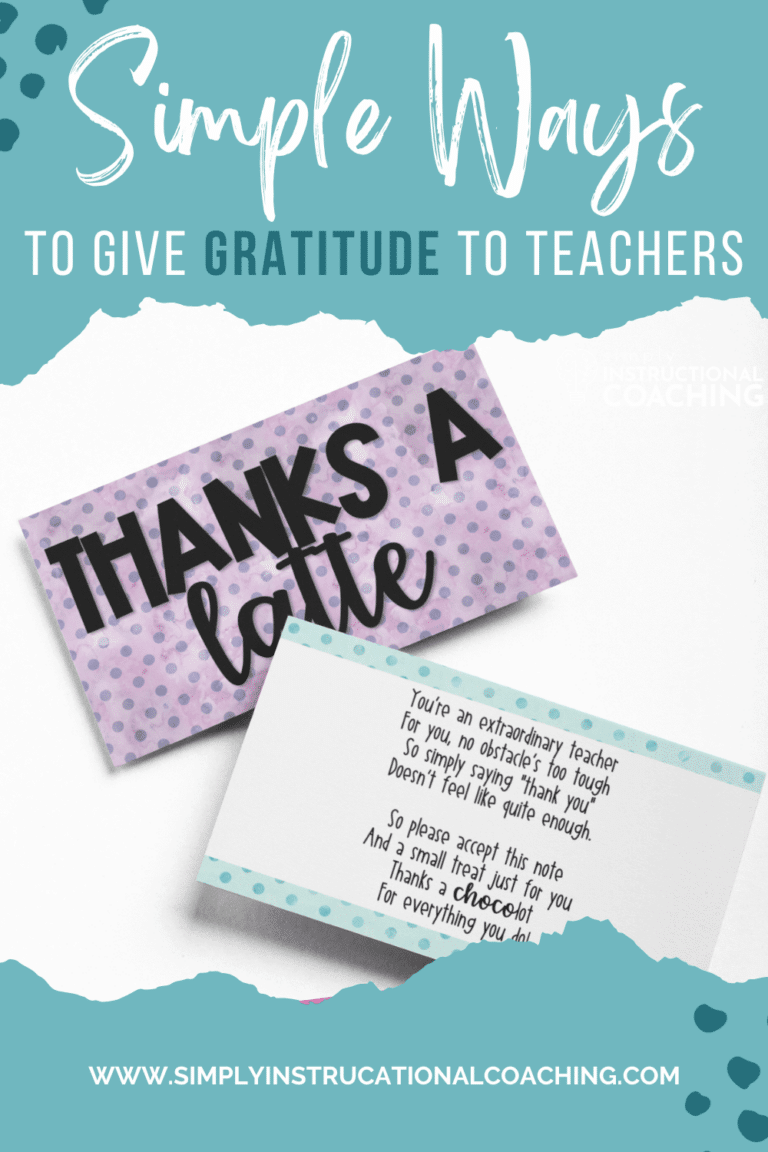Instructional Coaches… How do you Effectively Communicate with Teachers?
By Nicole S. Turner
Share This Post:
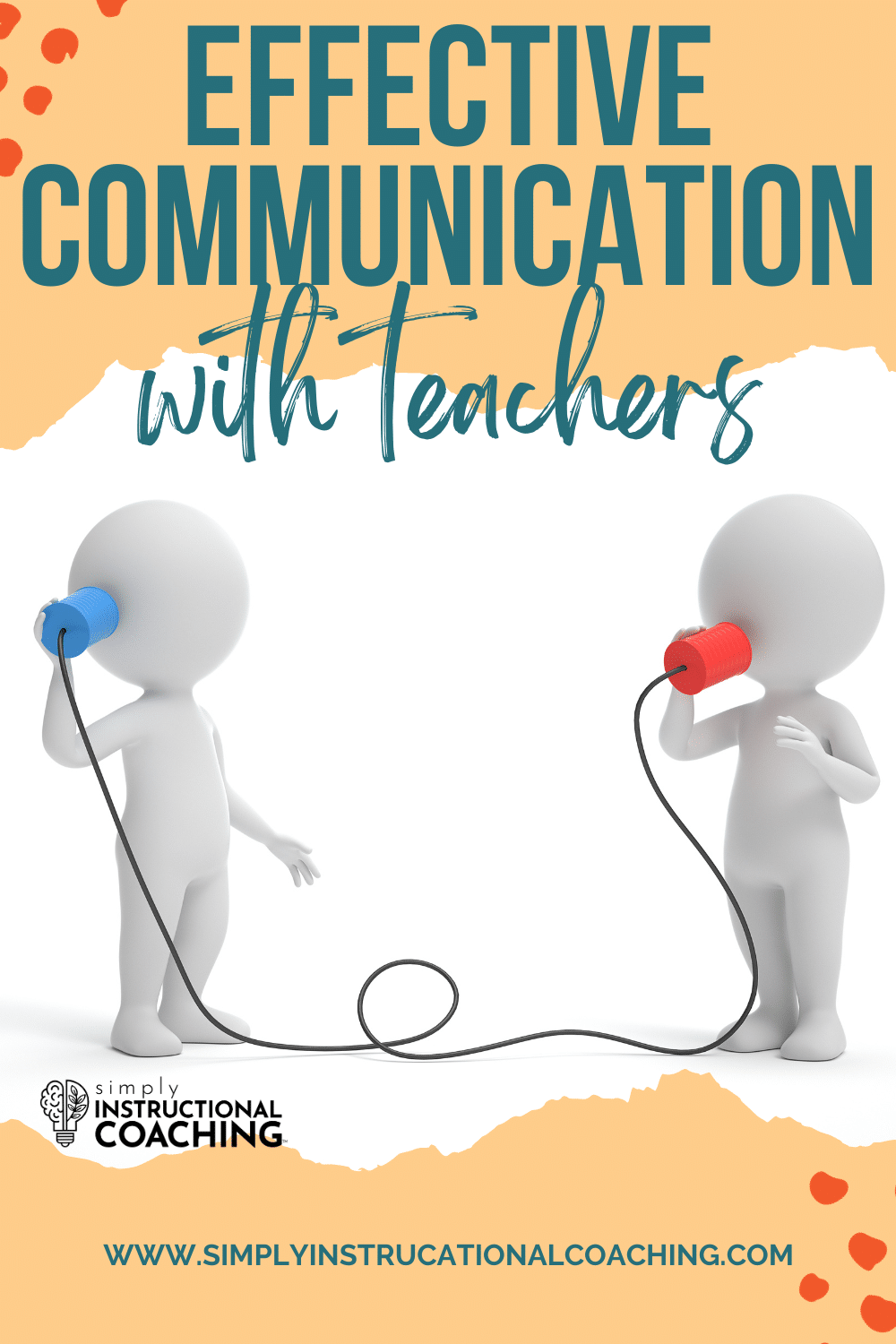
Some of us are born with a natural gift of gab, an ease to every passing moment into a conversation. There are some who fit in the “can’t get a word in edgewise” category. And then there are all the rest of us. Communication, in general, can be challenging. As a society, we have gone away from communicating face to face and are using our technology to do our talking. This is not only a touchy subject but can be misconstrued wrongly when not intended! Getting back to the basics of making a phone call or a face to face interaction with someone is A. Building that trust relationship, B. Setting the stage for providing critical, yet effective feedback, and c. setting goals and scaffolding practices that will stick.
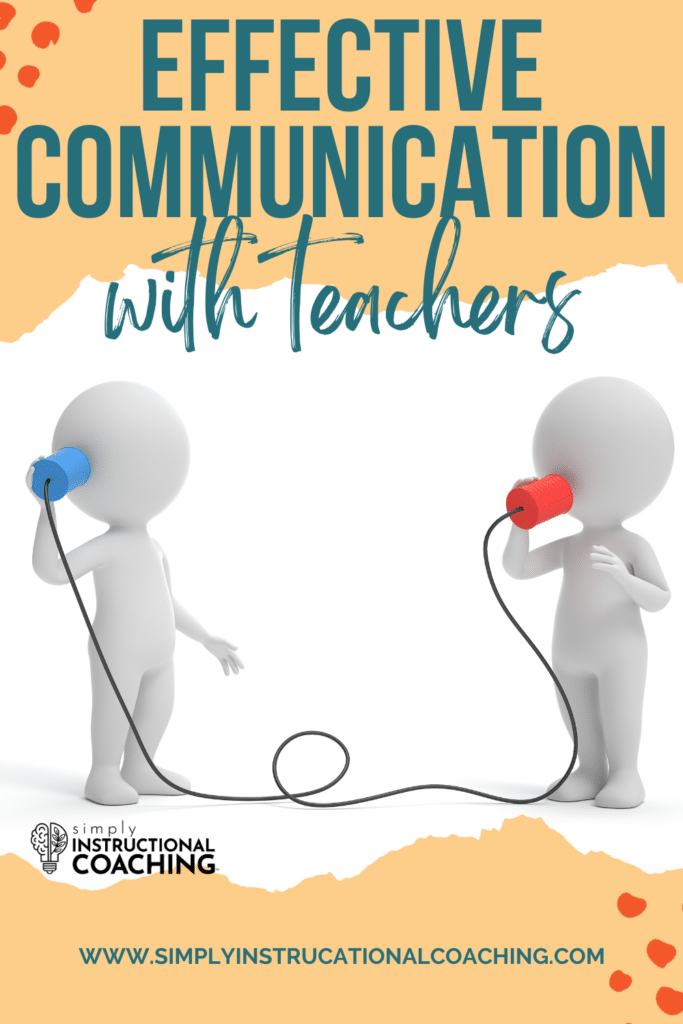
The number one way to communicate with your teachers is face to face or on the phone, and not through text messaging. This is where the building relationships comes into play. When you put the time to actually meet with the teacher face to face, you are showing them that you are committed to helping make a difference. Sending a text message is a great way to send a quick thought or need for clarification on something, but it is not a good communication tool. Too many things can be misunderstood through a text message. The way we sometimes word things can be misconstrued. Take the extra time to make the phone call. It will save time in the end not trying to defend what you “meant” through the misinterpreted text message.
Once the relationship has been built and you have a good, solid way of communicating with your teacher, you can begin the nuts and bolts of your meetings through your communicating techniques. With the main goal of instructional coaching being promoting student achievement, setting the stage for critical, but effective feedback is crucial. Just like when you are communicating with your students, you want to be specific in your feedback. Simply saying, “Nice job!” doesn’t tell much. In order to get repeated positive behavior, you need to be explicit in what you are happy about. You might say something like, “In order to _______, let’s implement _______. Or What can I observe you saying or doing next week when I come in to watch?” This allows the teacher to know exactly what is expected without any room for speculation. When you are an effective coach, you will produce effective teachers!
Setting goals WITH the teacher instead of setting goals and GIVING them to the teacher will also take some communicating. You actually need to sit down with the teacher and take a look at the strengths and weaknesses of what’s being focused on. Develop goal aligned tasks with your teacher. When that is accomplished, have another meeting at a different time, and focus on how you are going to focus the students’ attention on those tasks. Here again, comes in specifics. Don’t be vague with your, “That sounds great!” comments. Instead, ask, “What will I see the students engaged in to accomplish this goal?” When one goal is conquered, begin again with the process.
Making these tools on communicating the basis of your instructional coaching motivate all parties involved. Laying the groundwork for communication by stopping and visiting face to face, taking the time to make a phone call, beginning to build relationships, setting the stage for goal setting and scaffolding those practices into every day, week, month, yearly activities, turn into habits.

Taking this into consideration, seriously reflecting on our practices, admitting when we need to take a step back and admit to what isn’t working is the first step into communicating within ourselves. Being in touch with your own thoughts, feelings, and inner advice, helps us to be a better communicator all around.

